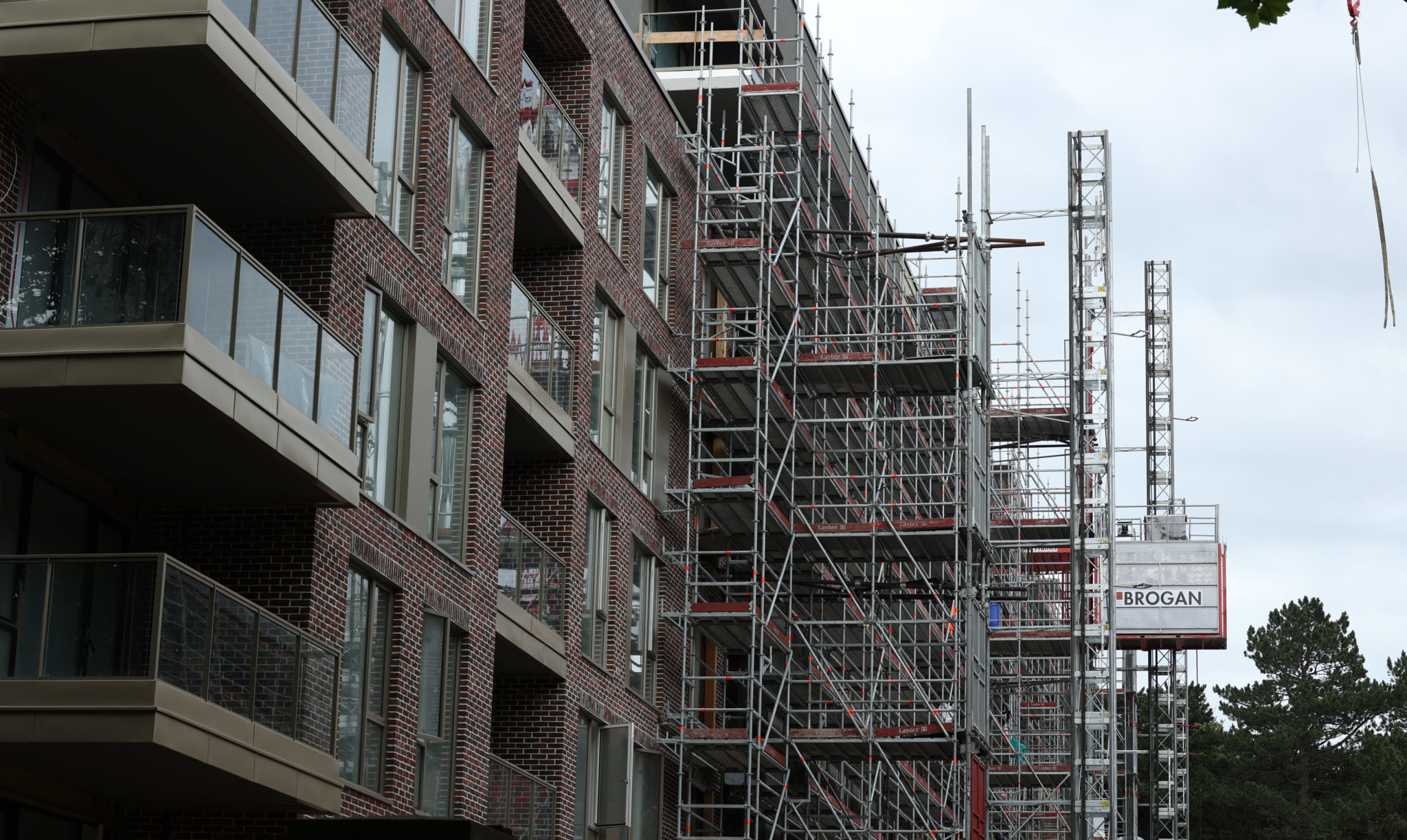The majority of Airbnbs and other short-term lets in Ireland’s rent pressure zones are “actually breaking the law”, according to Sinn Féin housing spokesperson Eoin Ó Broin.
A report by data analytics company AirDNA found there has been a 57% increase in Airbnbs in Dublin in the last year and 11% nationally, while homelessness figures rose by 20%.
Deputy Ó Broin told Newstalk Breakfast that regulations introduced in 2019 mean planning permission is needed to host short-term lettings for longer than 90 days a year in rent pressure zones.
The Sinn Féin deputy said figures from local authorities show a "tiny" number of short-term lettings have the necessary planning permissions or exemptions in place.
“The law has already passed,” he said. “The majority of short-term lettings out there today in our rent pressure zones are actually breaking the law.
"Companies like Airbnb are profitting off the back of that," he said. "It's time we had proper enforcement."
'Steady supply of accommodation'
Simon Communities of Ireland Director Wayne Stanley told the show a recent Oireachtas meeting was told a short-term letting registration board could bring 12,000 homes back to the private rental market.
“It would give us a quick fix,” he said. “It would greater regulate the housing system as part of our critical infrastructure for both the economy and for social issues like homelessness.
“But we need a steady supply of secure and affordable accommodation to get people out of homelessness.”
 An apartment development under construction near Griffith Avenue in Dublin, 29-07-2022. Image: Sam Boal/RollingNews
An apartment development under construction near Griffith Avenue in Dublin, 29-07-2022. Image: Sam Boal/RollingNewsMr Stanley said people did lease their short-term lettings to local authorities from the beginning of the COVID-19 pandemic.
“We saw a very significant fall in the rate, particularly in family homelessness, and that is what we're going for here,” he said.
Government policy
Deputy Ó Broin said Airbnb hosts are not responsible for the housing crisis – but stronger regulations on their properties can certainly help reduce homelessness figures.
“The Government is responsible for the homeless, and we shouldn't blame individual short-term or long-term landlords for failures of Government policy,” he said.
“But it's a separate issue altogether that at a time when we do need long-term rental stock as possible... Government needs to do a much better job to enforce the existing rules.”
 Airbnb's logo can be seen on different screens in Berlin, Germany in 2018. Picture by: Jens Kalaene/DPA/PA Images
Airbnb's logo can be seen on different screens in Berlin, Germany in 2018. Picture by: Jens Kalaene/DPA/PA ImagesDeputy Ó Broin said short-term lettings require stronger regulations to support both the tourist industry and housing market.
“For the guests, there could be issues in terms of properties needing proper fire safety standards for tourists [or] meeting proper standards of any kind,” he said.
“[And] in certain parts of our cities, there is a need for more long-term rentals.
“By requiring a change-of-use planning permission for buildings initially given permission for long-term residential use, it gives the planning authority the flexibility to say, ‘actually in this area, we don't need more short-term lettings’.”









